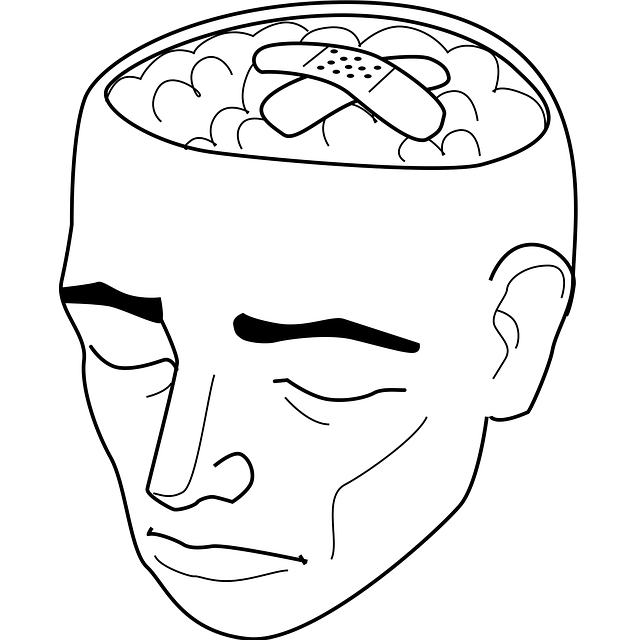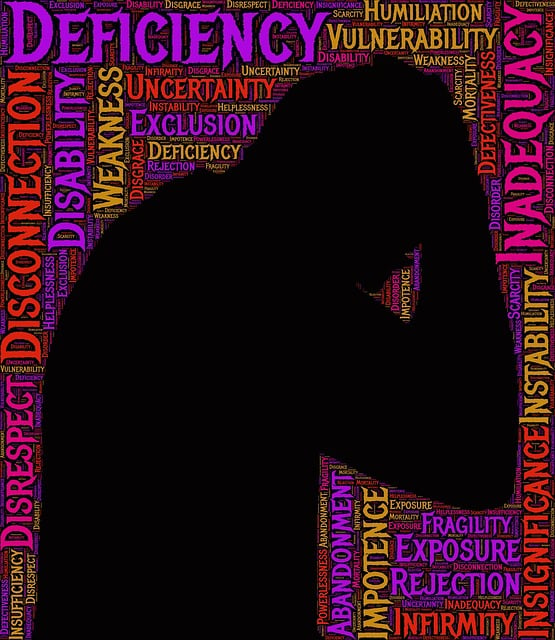TL;DR:
Therapy for young children trauma focuses on addressing unique responses to adversities like abuse or natural disasters, which can disrupt brain development and mental health. Effective methods include crisis intervention, social skills training, and compassion cultivation. Creating safe spaces with techniques like active listening and narrative sharing facilitates healing, builds trust, and aids coping mechanism development. Group therapy, through peer interactions and supportive environments, empowers children to process trauma, manage stress, and improve social interactions, benefiting both children and healthcare providers.
Mental wellness group facilitation plays a pivotal role in healing young children affected by trauma. This article explores effective techniques tailored for therapists navigating the complex landscape of childhood trauma. We delve into understanding the root causes and impact, emphasizing the importance of creating safe spaces that foster resilience. By examining specific group therapy strategies, professionals can empower young minds to overcome challenges and promote long-term well-being, offering a beacon of hope in the face of adversity. Discover how these techniques revolutionize therapy for young children trauma.
- Understanding Young Children's Trauma and Its Impact
- Facilitating Safe Spaces: Creating a Supportive Environment
- Empowering Resilience: Group Therapy Techniques for Healing
Understanding Young Children's Trauma and Its Impact

Trauma among young children is a significant concern that can have long-lasting effects on their mental wellness. Children often experience trauma through various adversities such as abuse, neglect, domestic violence, or natural disasters. It’s crucial to recognize that their responses to these events may differ from adults, making traditional therapy approaches sometimes ineffective. The brain architecture and neural connections of young children are still developing, which means traumatic experiences can disrupt their emotional regulation, cognitive functioning, and social skills.
In facilitating therapy for young children who have experienced trauma, it’s essential to employ sensitive and age-appropriate techniques. Crisis intervention guidance plays a vital role in providing immediate support during or after a traumatic event. Social skills training helps them learn to interact with peers and build healthy relationships, which can be particularly beneficial in mitigating the impact of isolation or social withdrawal often associated with trauma. Additionally, compassion cultivation practices have shown promise in fostering empathy, self-compassion, and resilience in young clients, enabling them to develop healthier coping mechanisms.
Facilitating Safe Spaces: Creating a Supportive Environment

Creating a safe space is an integral part of facilitating mental wellness groups for young children, especially those recovering from trauma. This involves establishing an environment where each participant feels secure, accepted, and supported. Techniques such as active listening, open-ended questions, and reflective practices encourage children to express their feelings freely without fear of judgment.
The role of the facilitator is crucial in fostering this sense of safety. They must be attuned to each child’s unique needs, ensuring that the group dynamic promotes healing rather than retriggers distress. By incorporating activities that build trust, facilitate bonding, and encourage positive interactions, facilitators can help children develop coping mechanisms for managing their mental health. This approach not only aids in trauma therapy but also serves as an essential burnout prevention strategy for healthcare providers working with vulnerable young minds.
Empowering Resilience: Group Therapy Techniques for Healing

Group therapy offers a powerful platform for healing, especially when tailored to address mental wellness concerns in young children who have experienced trauma. Through collaborative and supportive interactions with peers, these sessions empower kids to build resilience and develop healthy coping mechanisms. Facilitators can employ various techniques, such as narrative sharing and role-playing exercises, to create a safe space where children feel heard and understood.
The process begins by establishing a sense of community within the group, fostering trust and empathy among members. This foundation enables participants to explore their emotions, process traumatic experiences, and learn effective stress management strategies. Additionally, integrating activities like Mental Wellness Journaling Exercise Guidance can encourage self-reflection and emotional awareness. Over time, these therapeutic practices contribute to enhanced coping skills, improved social interactions, and a greater sense of control, ultimately helping young individuals navigate and overcome the challenges posed by their past traumas.
Mental wellness group facilitation plays a pivotal role in healing young children affected by trauma. By creating safe spaces and employing effective therapy techniques, facilitators can foster resilience and support these children’s emotional growth. Understanding their unique experiences and implementing tailored interventions are essential steps towards providing comprehensive care for this vulnerable population. Through these strategies, we can empower young minds to overcome adversity and thrive.








